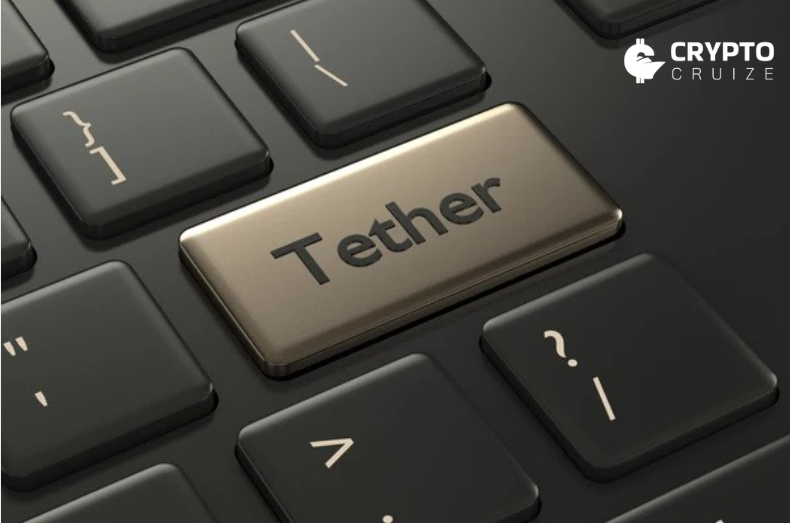A major cybersecurity breach has rocked Brazil’s financial sector. On Wednesday, hackers managed to steal 800 million Brazilian reais ($140 million) by targeting C&M Software, a service provider that connects Brazil’s Central Bank to other local banks and financial institutions. The attack was reportedly made possible by a shocking act of insider betrayal: an employee sold their login credentials to cybercriminals for just $2,700.
This single act of compromise gave the hackers direct access to C&M’s systems, through which they siphoned off huge sums from six financial institutions connected to Brazil’s central banking system. The stolen funds were held in reserve accounts, typically used for settling transactions between banks.
Crypto Laundering Through OTC and Latin American Exchanges
After successfully stealing the money, the hackers converted an estimated $30 million to $40 million into cryptocurrencies, namely Bitcoin (BTC), Ether (ETH), and Tether (USDT). Blockchain investigator ZachXBT revealed that the stolen crypto was quickly laundered through Latin American crypto exchanges and over-the-counter (OTC) trading platforms.

This laundering method is popular among cybercriminals due to its relatively low level of regulation and traceability. Once the funds enter the crypto space, it becomes significantly harder for authorities to recover them or track their movement across wallets and platforms.
Centralised Systems: Easy Targets in the AI Era
This incident highlights a growing concern in the digital age: the fragility of centralised systems. Because these systems rely on single points of failure, one weak link like a compromised employee login can give attackers the keys to the entire infrastructure.
What makes the situation worse is the rise of AI-powered hacking tools, which enable cybercriminals to identify vulnerabilities faster, automate attacks, and even mimic legitimate user behaviour. According to Chainalysis, attacks on centralised crypto exchanges (CEXs) surged in Q3 and Q4 of 2024, as hackers increasingly set their sights on platforms with large, consolidated databases.
Can Decentralisation Be the Answer?
Experts are now calling for a shift towards decentralised systems, which are inherently more secure. Eran Barak, CEO of Shielded Technologies, argues that privacy-enhancing tools such as zero-knowledge proofs (ZKPs) make decentralised platforms less attractive to hackers.

In a decentralised system, each user’s data or funds are stored individually, making it harder for hackers to carry out mass-scale thefts. “The ROI (return on investment) for attackers drops dramatically,” Barak said. “Instead of getting access to millions of records, they might get just one. That’s not worth the risk, so they go elsewhere.”
The Brazil central bank hack serves as a wake-up call to financial institutions around the world. As cyber threats evolve and AI-driven attacks become more sophisticated, relying on centralised systems without adequate protection is a high-risk gamble. The future of digital security may well lie in decentralisation — not just for crypto, but for traditional finance, government systems, and beyond.















